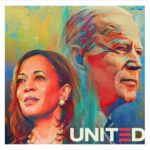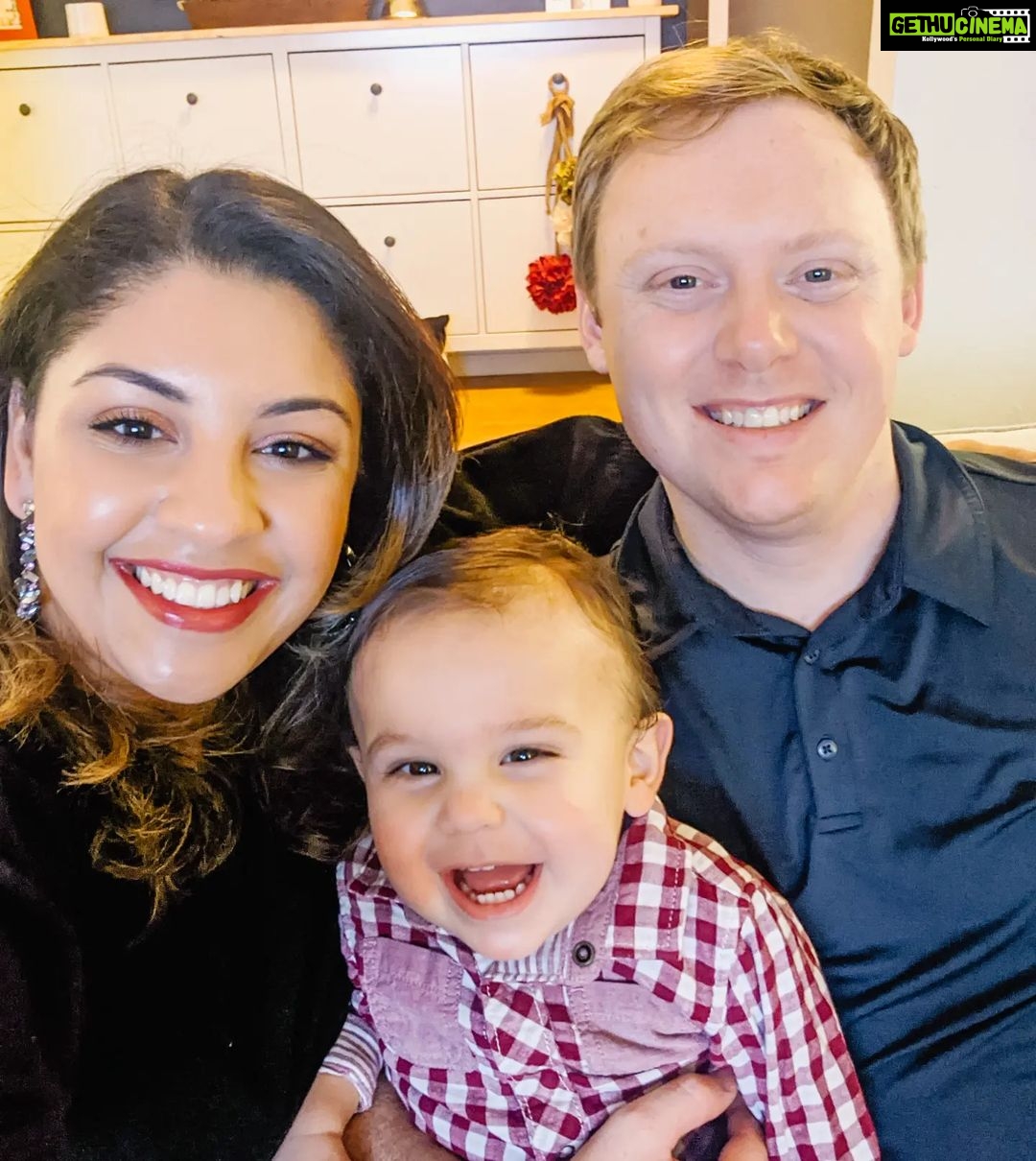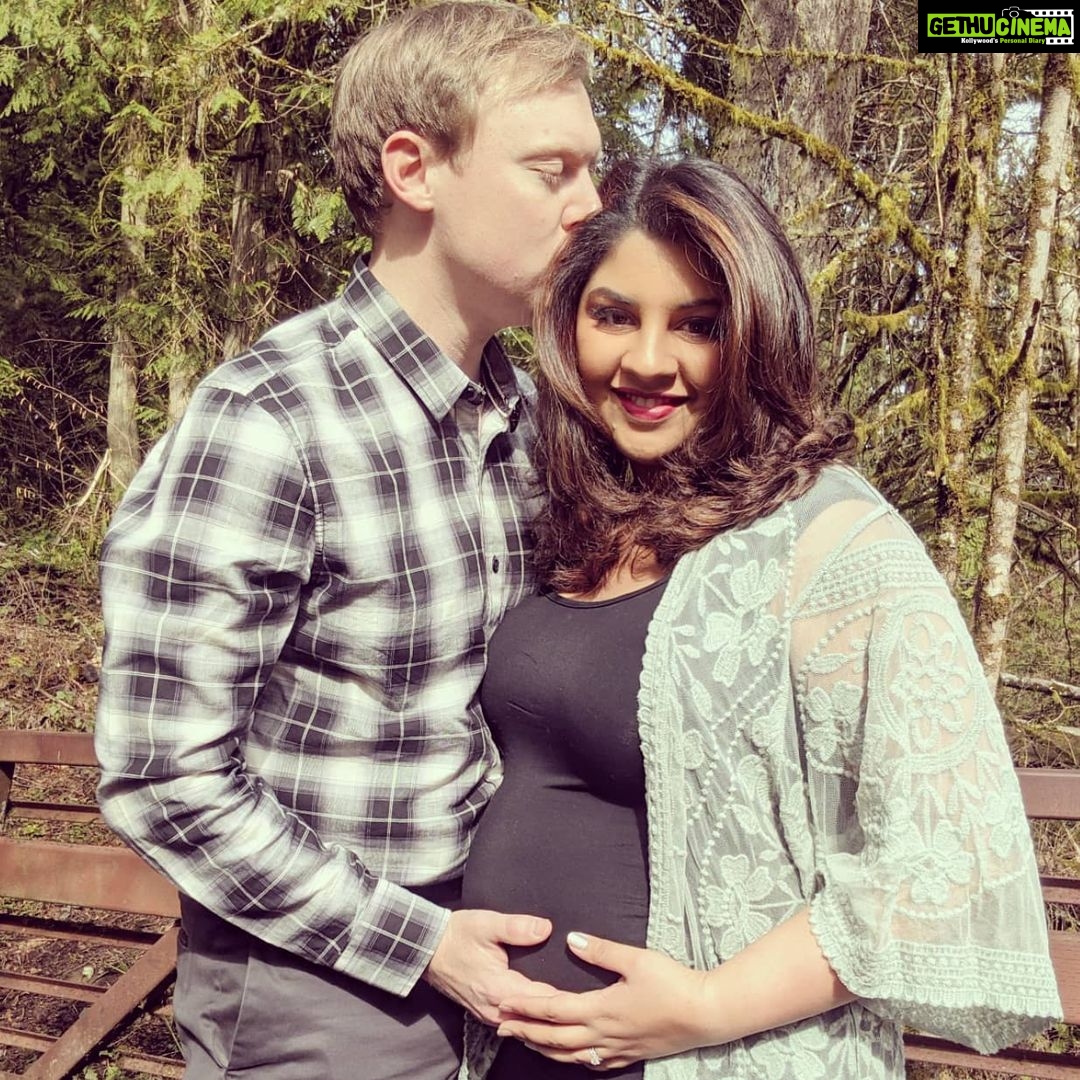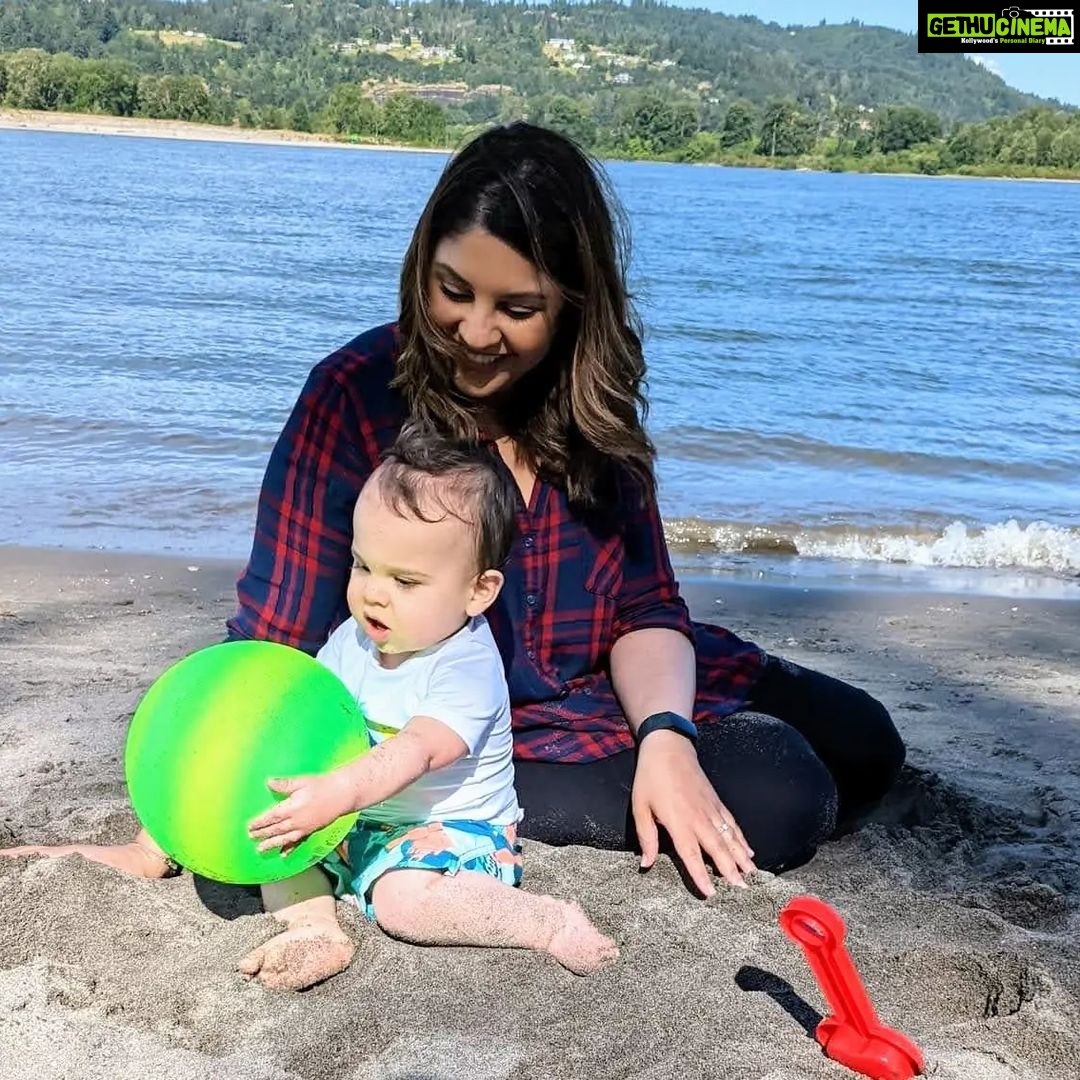Richa Gangopadhyay Instagram – #MyNameIs Antara. It is pronounced “Un-tha-rah” in Hindi, and “On-tho-ra” in Bengali, my mother tongue. The “th” sound in this name (and many Indian words), does not exist in English and is a very specific sound in Hindi and other Indian languages, so it was a struggle for many of my non-Indian friends and acquaintances growing up to pronounce it properly. Antara means “heart of a song”, a musical name given to me by my mother. As many Bengalis are given two names: a “bhaalo naam” (formal name) as well as a “daak naam” (nickname), Antara was my formal name and Richa was my nickname, both given at birth.
Throughout my childhood, up until I was in my 20s, I primarily went with Antara, because it was too hard to explain to everyone where Richa (then, not a legal name) came from. Because people couldn’t bother to try to pronounce it, it got anglicized to Anne-Tera, Ann-Tarah, Ann-atra and sometimes just Tara. I was stuck with this anglicized pronunciation of my name well into adulthood because it was too big of an inconvenience for some people to attempt an ethnic name that they preferred to modify to their comfort. For the same reason, when I started going by Richa (Ri-chah or Ree-chah), while many people do try to phonetically pronounce it, my name often gets automatically “corrected” to Rachel. Let’s not even get started on my maiden name, Gangopadhyay….which looks like a tongue twister, but still phonetic nonetheless. (I had my fair share of getting bullied with all kinds of nasty names thrown at me).
Just a reminder to respect someone else’s “ethnic” name and not impose western customs to “make it fit” because it is unfamiliar to you. A name is someone’s identity, culture and roots and should always be respected and treated in a dignified way. Where I come from, Antara and Richa are as common as “Tracy” and “Mallory”, but I can’t recall ever changing a western name for my convenience.
Today, I’m proud of my names, where they come from and the culture they represent. Different does not = strange. I no longer allow anyone to change my name based on their convenience. In turn, I show respect by learning how to say the names of those I meet. | Posted on 30/Oct/2020 09:07:49







